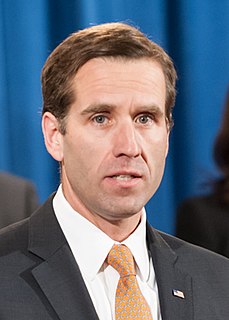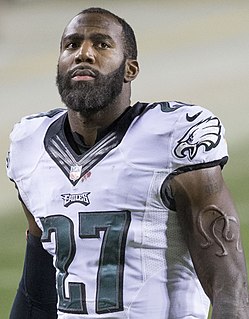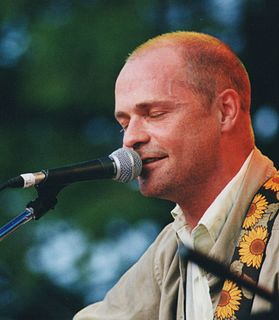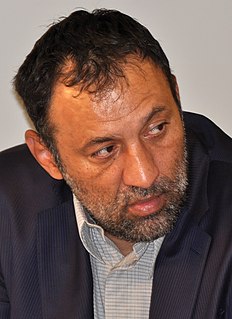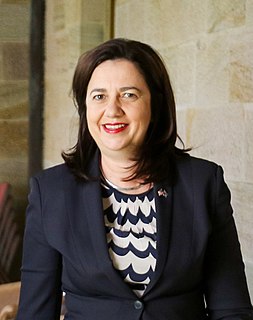A Quote by Cori Bush
Our communities deserve a just response to years of disinvestment in our communities that have led to poor health outcomes and crime.
Related Quotes
Every community has crime and violence; it's a part of being human. This idea that black communities are more violent than others is just false. But black folks fight the hardest for our communities. Before governments do, before other people do, we're the first ones to show up. We are the first ones to fight for our lives.
I think that we need to begin talking about what does it mean to create these safe spaces in our communities, to begin welcoming one another into our homes and into our communities when they're returning home from prison, people who are on the streets. We need to begin doing the work in our own communities of creating the kind of democracy that we would like to see on a larger scale.
I want to clarify that one doesn't need to be a scientist or have fancy college degrees to know the truth about the health of our children, our communities, and the planet. Community members generally know far more about the health of their own communities than visiting "experts," yet that knowledge is often discredited because of another story that we tell ourselves: "real" education happens [only] in the halls of universities.
If we are looking for insurance against want and oppression, we will find it only in our neighbors' prosperity and goodwill and, beyond that, in the good health of our worldly places, our homelands. If we were sincerely looking for a place of safety, for real security and success, then we would begin to turn to our communities - and not the communities simply of our human neighbors but also of the water, earth, and air, the plants and animals, all the creatures with whom our local life is shared. (pg. 59, "Racism and the Economy")

